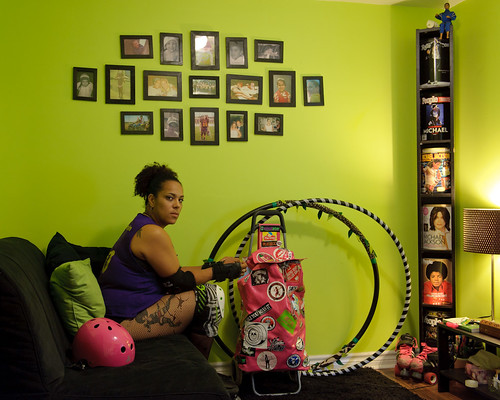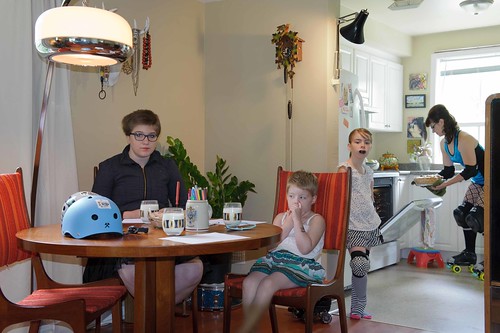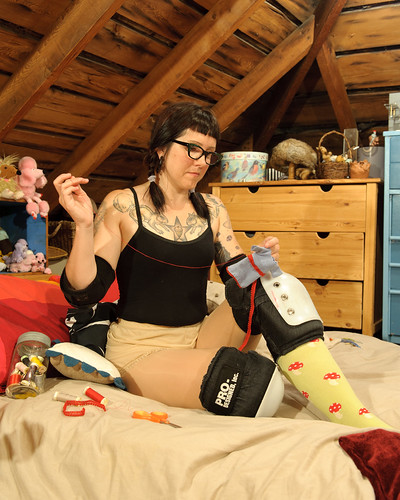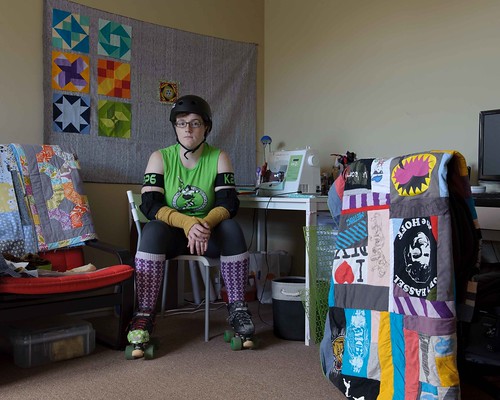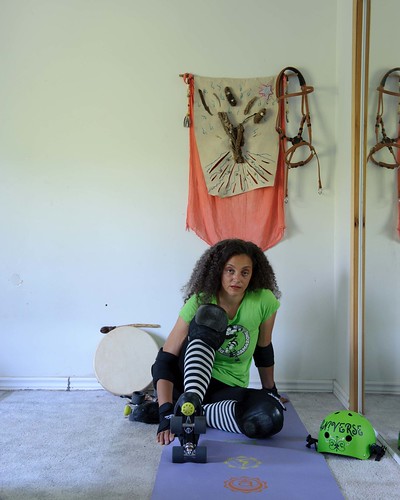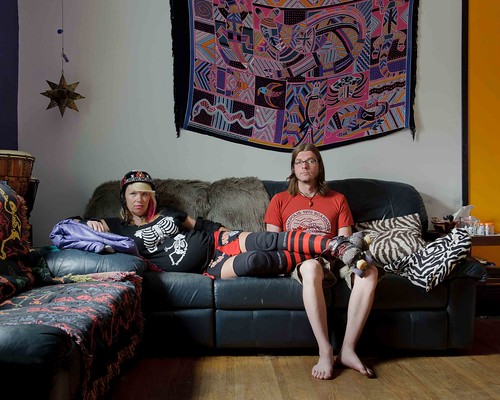I’ve been watching Orange is the New Black on Netflix. It’s a Netflix original, meaning it was produced by Netflix itself rather than a network, a model I’m rather intrigued by. I’ve only got one a half more episodes to go, and I’m at the point where I’m watching a bit more slowly to make it last and waking up with the theme song in my head.
It’s about a young blonde woman who goes to prison for a crime she committee 10 years ago, apparently while under the influence of her then-girlfriend. But that’s not the interesting part. The interesting part is how many fascinating women are in prison with her, and we get to know many of them through flashbacks.
I may not be in the best position to say, not having cable, but I think these are the most complex women on tv at the moment. Which is great. But they’re also completely disempowered and marginalized – literally outside normal society. Men in the show are almost exclusively jerks who primarily view women as objects for their desire. Even the most sympathetic male characters show this predilection. The main character’s fiancé writes a column about his experience of her incarceration and, somewhat privately, she protests, “I’m not just a girlfriend.” One of the first things he says to her on his first visit is how nice her cheekbones look. Of course, she’s being starved out by the matriarch cook because she insulted her food.
All the time, however, we are reminded, implicitly through the flashbacks, and explicitly through Piper’s arguments, that inmates are people too. And most of the time the circumstances for their crimes involve abuse, neglect, and/or poverty. It is heavy-handed and obvious at times, and there’s a whole lotta raunch. But, as this post pointed out, it’s telling stories that aren’t often, if at all, told in popular culture. I’m hoping for a second season.
